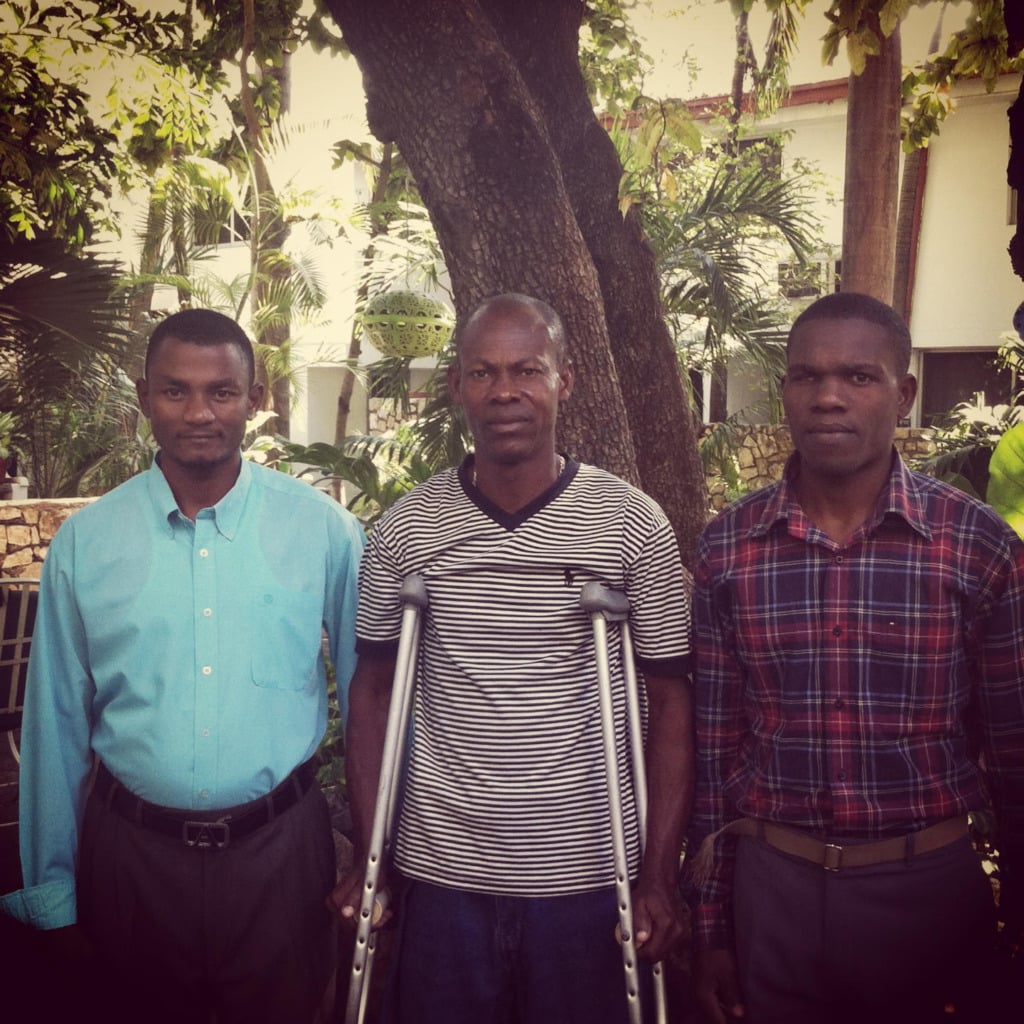Victims of human rights violations sometimes bring claims in U.S. courts, including claims based on violations outside the United States. The U.S. Supreme Court has recognized a limited cause of action for human rights claims under the Alien Tort Statute. Congress has also enacted statutory causes of action such as the Torture Victim Protection Act (TVPA) and the Trafficking Victim Protection Reauthorization Act (TVPRA). Human rights claims against individuals often raise questions of foreign official immunity.
A Primer on Human Rights Litigation
Modern human rights law developed in response to the events of the World War II, although it has earlier precursors. In 1948, the U.N. General Assembly adopted the Universal Declaration of Human Rights, a non-binding declaration. More than seventy human rights treaties followed, including the Genocide Convention, the International Covenant on Civil and Political Rights,…
Continue ReadingTVPRA Claims Against Neil Gaiman
Claims brought under the Trafficking Victims Protection Reauthorization Act (TVPRA) don’t often make headlines. But those filed on February 3, 2025 against British author Neil Gaiman and his American wife Amanda Palmer (who are divorcing) are an exception. Scarlett Pavlovich, who worked for three weeks as a live-in nanny for the couple, alleges that Gaiman…
Continue ReadingFirst Circuit Argument Weighs Constitutionality of TVPA
Last month, the First Circuit (Judge Lara Montecalvo, presiding, with retired Justice Stephen Breyer and Senior Judge Sandra Lynch) heard oral argument in Boniface v. Viliena. Viliena, a Haitian national who has been a legal permanent resident of the United States since 2008, is challenging a $15.5 million jury award under the Torture Victim Protection…
Continue ReadingBusiness and Human Rights Litigation
On January 22-24, 2025, the Bonavero Institute of Human Rights at Mansfield College, Oxford, hosted a roundtable on business and human rights litigation. The roundtable discussed draft chapters for the Cambridge Handbook on Business and Human Rights Litigation, edited by Hassan Ahmad, Ekaterina Aristova, and Rachel Chambers, which is slated for publication next year. The…
Continue Reading

